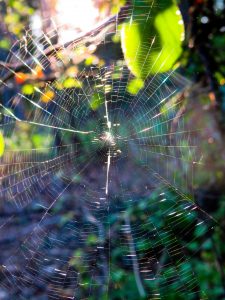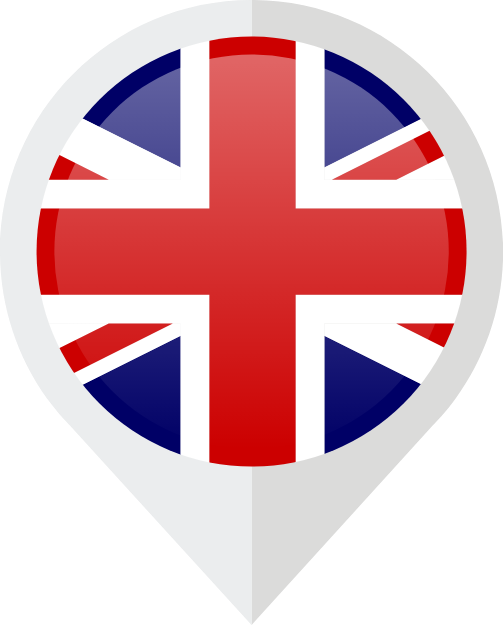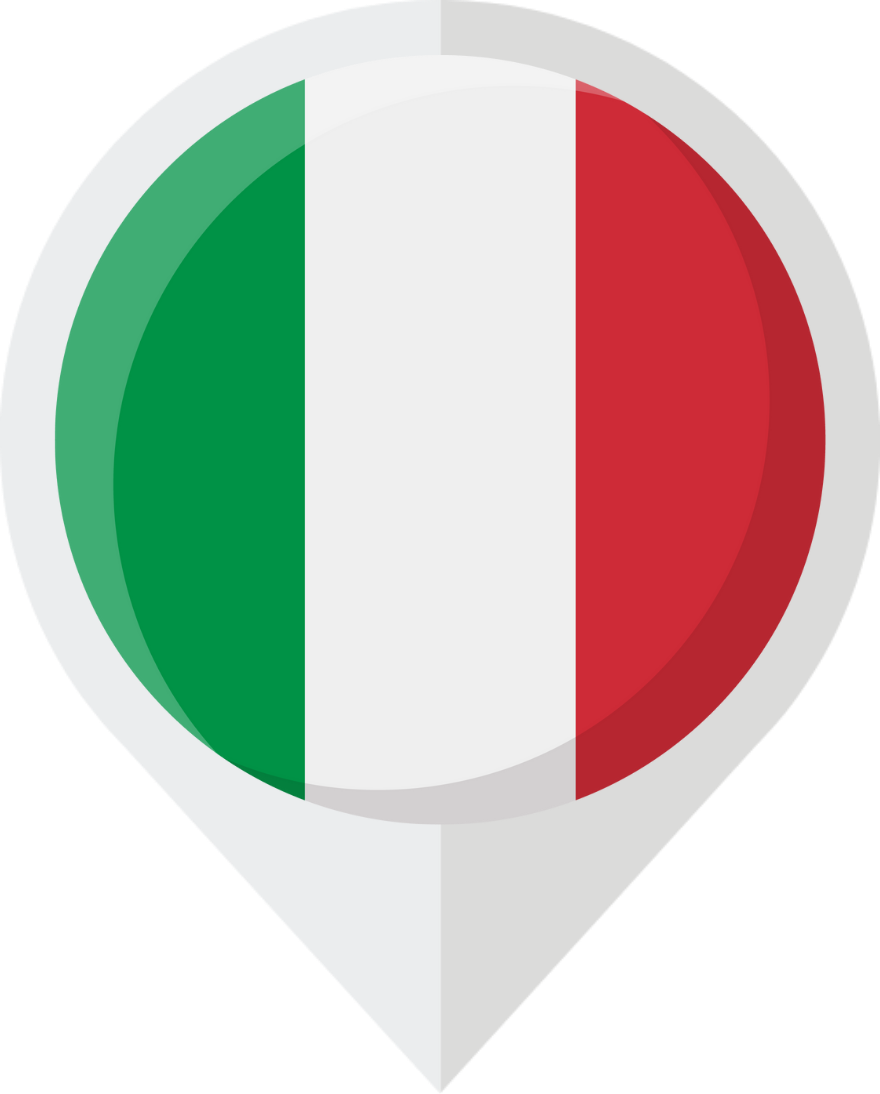
Photo by Anastasiya Romanova on Unsplash
When I read The Path to the Nest of Spiders, I couldn’t help but see the world through Pin’s eyes. He’s just a boy, but life has thrust him into an adult world filled with war, danger, and complexities that he’s too young to understand fully.
Pin’s innocence is both his strength and his vulnerability. It allows him to see the world with wonder, free from the cynicism or fear that weighs down adults. This innocence makes him resilient — he can move through difficult situations without being overwhelmed by their darkness. But when he steals a gun, something shifts. This simple object, carrying immense energy, becomes more than just metal in his hands. It symbolises power, control, and a responsibility far beyond what he’s ready for. In that moment, his innocence begins to fade.
The gun, representing the weight of adulthood, also marks the loss of freedom. When we seek power without the wisdom to handle it, we lose our innocence in exchange for control. Pin’s journey is not just about external change; it is the awakening from innocence to the realities of the world around him.
As Italo Calvino remarked, “One who has a real gun can do anything; he is like a great man.” Well, it’s true! Give someone a gun, and suddenly they think they’ve become powerful. But let’s think about this for a moment — does the gun really give them power? So yes, like Calvino’s great man with the gun, you’re only as powerful as the object you hold in your hand. And as soon as it’s gone, so is your power.
This reminds me of a beautiful idea from Tim Ingold in his imaginary dialogue between an ant and a spider in Being Alive: Essays on Movement, Knowledge and Description. He explains that a spider’s web isn’t just a piece of the world — it’s the spider’s entire life. The web is how the spider interacts with its environment, catches food, and, in a way, defines itself. For the spider, the web isn’t merely a string — it’s its power, its potential. The spider isn’t simply weaving for decoration; the web is its survival, its identity.
In the same way, the objects, ideas, and tools we use are not just ‘things’ — they become part of who we are and what we can do. Money, status, relationships, even the phone in your hand — they all become part of the web we are weaving in our own lives. The conditions and possibilities around us shape our personality. But here’s the scary part — if you tie your whole identity to that web, then what happens when the web breaks? What happens when the things you depend on, like money, status, or influence, start to fall apart?
That’s the danger of external power. It’s fragile. You get so attached to the web you’ve created that the moment something threatens it, you feel like your whole world is collapsing. This is why true power is not about the web — it’s about the spider! The spider doesn’t panic if its web breaks. It simply builds again. The spider’s real power is in its ability to keep creating, keep weaving, no matter what happens.
So, whether it’s a gun, a job title, or even a fancy car, don’t get too caught up in thinking it makes you more powerful. Power doesn’t come from these things — it comes from knowing how to use them wisely and not letting them control you. Otherwise, you’re just a spider tangled in your own web, or worse — someone running around with a gun thinking they’ve conquered the world!
When we interact with an object — be it a gun, money, a thought, an idea, AI, or even social media — these are not just things outside of us. They carry energy that we absorb. Take the image of a new car or a house. It starts as something external, a symbol of status or success, but as we engage with it, it seeps into our inner world. The desire for that car, that house, begins to shape our thoughts, subtly influencing our identity. What we interact with, whether it’s a physical object, a digital tool, or even an idea, can define us and, more importantly, drive our motivations and actions.
If we’re not mindful, these external forces can direct our decisions and even take control of our emotions without us realising it.
I look at society, and I see us caught in a rat race, constantly striving to be better than others. This is no different from Pin’s quest for power, but the truth is, the competition never ends. This endless comparison is a trap. True mastery isn’t about being better than someone else — I actually think this is quite sad. It’s about mastering ourselves. Only when we are fully in charge of our own being — free from the need for external validation or control — can we truly thrive. That’s when we become like the spider, weaving our own path with purpose and wisdom.
4 learning points:
- Objects as Extensions of Ourselves: The story of Pin and his interaction with the stolen gun reveals a deeper truth — objects, whether physical or symbolic, profoundly influence our identity. When people ask me, “Are you a therapist?” I’m always mindful that I’m not a therapist — I’m a person who works as a therapist. Do you get me? Be mindful of the things you engage with, as they shape who you become. A simple object can alter your path, for better or worse, if you are unaware of its impact. Imagine social media, or even your job — are they tools that serve you, or have they begun to define who you are?
- The Danger of External Validation: Like Pin, many of us seek power, status, or validation from external sources — through money, success, or comparison with others. But this pursuit often leads to a loss of innocence and authenticity, trapping us in endless cycles of competition and dissatisfaction. Real fulfilment lies not in what we achieve externally, but in how we see ourselves from within. When you constantly seek approval from outside, how much of yourself is left untouched?
- Mastery Begins Within: True mastery is not about being better than others or accumulating more objects of power. Mastery lies in taking charge of your own mind, emotions, and inner state. Only when we are in control of ourselves can we escape the rat race and live with true freedom. It is not about what you hold in your hand, but how you hold yourself. When we stop measuring ourselves by others, who are we really competing with?
- Conscious Engagement: Everything we interact with — be it ideas, objects, or goals — carries energy that influences our lives. The key is to engage consciously, so these things don’t end up ruling us. Like Pin’s gun, if we are unaware, even a tool of power can control us. Awareness is the first step toward empowerment. Consider the things you interact with daily — are you using them, or are they using you?


